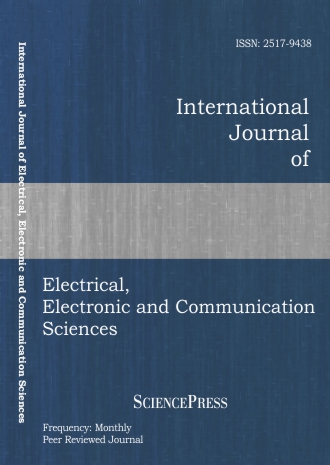
Scholarly
Volume:5, Issue: 5, 2011 Page No: 583 - 586
International Journal of Electrical, Electronic and Communication Sciences
ISSN: 2517-9438
1392 Downloads
Performance Analysis of Energy-Efficient Home Femto Base Stations
The energy consumption of home femto base stations (BSs) can be reduced, by turning off the Wi-Fi radio interface when there is no mobile station (MS) under the coverage of the BSs or MSs do not transmit or receive data packet for long time, especially in late night. In the energy-efficient home femto BSs, if MSs have any data packet to transmit and the Wi-Fi radio interface in off state, MSs wake up the Wi-Fi radio interface of home femto BSs by using additional low power radio interface. In this paper, the performance of the energy-efficient home femto BSs from the aspect of energy consumption and cumulative average delay, and show the effect of various parameters on energy consumption and cumulative average delay. From the results, the tradeoff relationship between energy consumption and cumulative average delay is shown and thus, appropriate operation should be needed to balance the tradeoff.
Authors:
References:
[1] S. W. Kwon and D. H. Cho, "Dynamic power saving mechanism